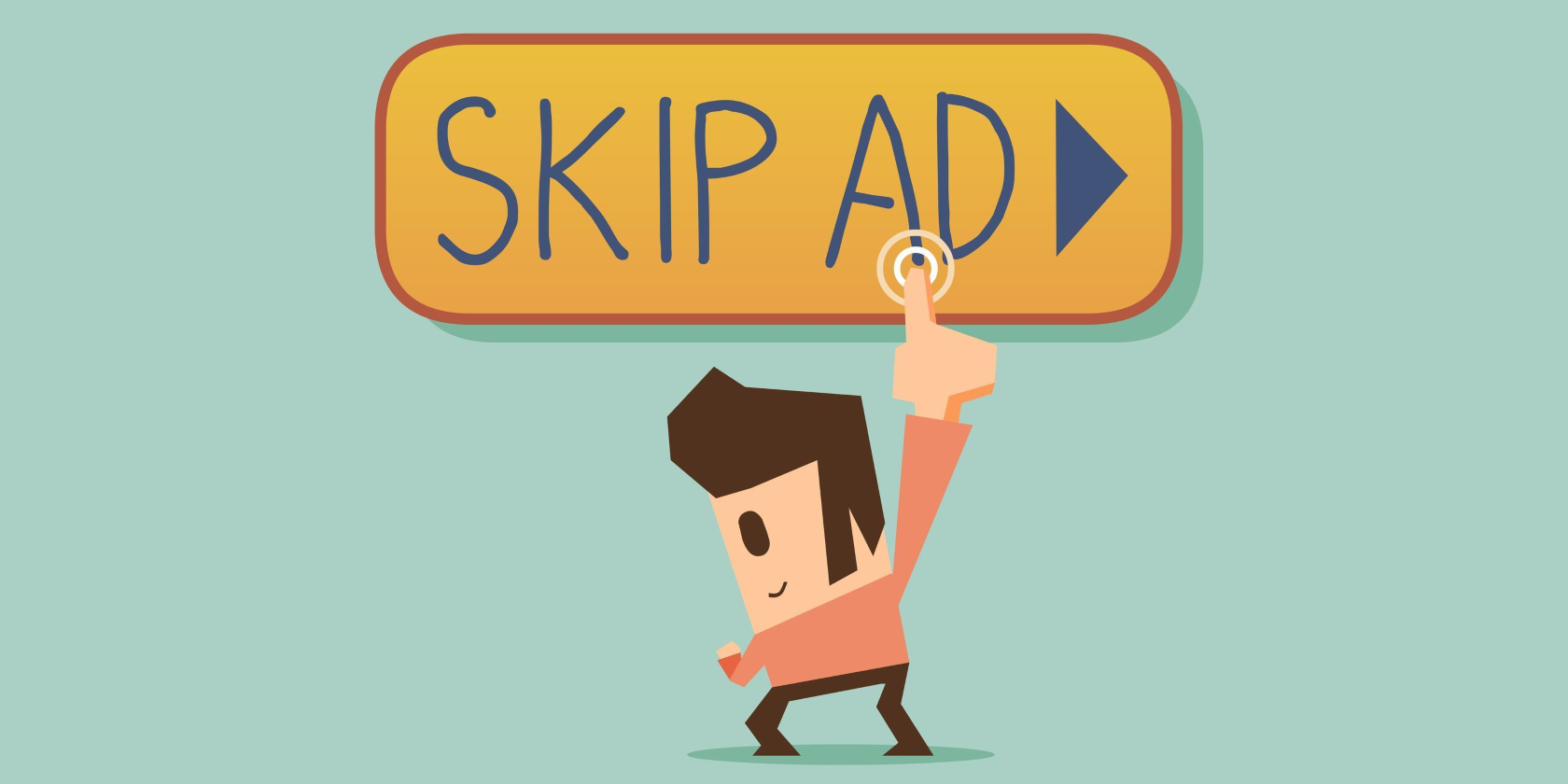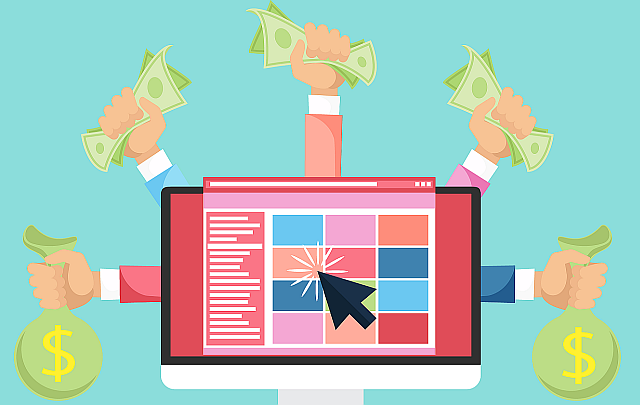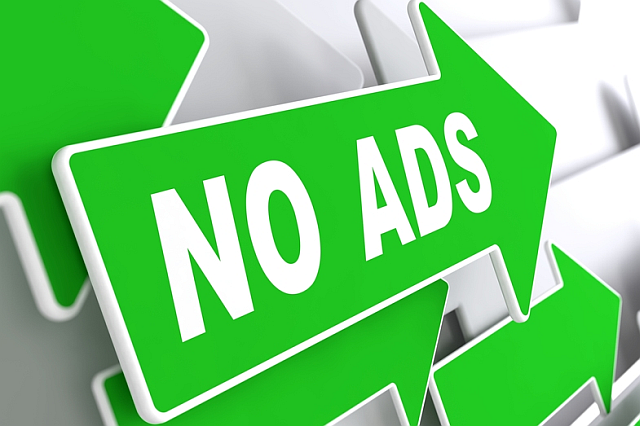You can block online ads and malware with various tools like Adblock Plus and uBlock. Internet-based content producers and publishers hate these tools – ads are their means of livelihood.
Some argue that ad-blocking tools kill their revenue stream, which means they eventually have to shut shop. They're not wrong. As a writer, this is my revenue stream and it affects me when you block ads.
But as a consumer, I don't care.
Ad-blocking seems like a natural option for any consumer because of a simple reason: it's an easy way to get rid of an annoyance.
Why We Block Ads
It's rare to find a useful ad. Usually, they're pesky and bothersome. Ads take up bandwidth, which can be precious at times. They disrupt the consumer's content consumption experience. They also covertly dress up as content to fool you. (Read: How to spot, and avoid, ads disguised as download buttons).
And on the Internet, ad-blocking is as easy as saying "There's an app for that." You install an extension, and you're done. Heck, it's pretty easy to put a stop to pop-up browser ads once and for all too.
If you hate something and there was an easy way to remove it from your life, chances are that you'll do it. And that's what online ad-blocking is.
The Problem With Ad Blocking
Blocking statistics firm PageFair estimates that usage grew by 70% between June 2013-June 2014, with 41% of 18-29 year olds using it. In total, there are 144 million active adblock users on the web. That's roughly 5% of the total Internet population. It's not a huge problem yet, but some sites are more affected (like gaming or tech publications) and the trend of ad-blocking is upwards.
Publishers have cried themselves hoarse appealing to the idealism of consumers, or reprimanded them by installing scripts that stop ad-blockers. It's often posed as a choice for the consumer: "If you want good content, put up with our ads." My friend Eric Ravenscraft, a writer at Lifehacker, puts it like this:
I think publishers aren't listening to the consumer. If the consumer is annoyed by banner ads, then the consumer has already made a choice. He doesn't want annoying ads, and he wants good content. The onus is on the publisher to figure out how to make that happen.
Which brings us to another industry.
Ad Blocking Is Reminiscent Of Music Piracy
For the longest time, studio executives kept harping on about how piracy is killing them, while sticking to distribution methods that consumers didn't want. Eventually, iTunes came along and then Spotify made it easier for musicians to make money.
The consumer was always clear: he wanted music to be accessible easily. Once companies started innovating to come up with downloads and streaming services, the user was happy to go with their proposed solutions.
Music distribution hasn't been solved yet. It's still a work in progress, but there have been great strides taken in addressing the problem by keeping the consumer's interests first — and in this largely capitalist world, that's the way forward for publishers too.
Innovation is what helped the music industry make profits, and that's what content needs now.
It's Time For Publishers To Innovate
The consumer is sick of things like ads in the notification area of his phone, and he wants a better experience. At the same time, he does not want to compromise on quality. Pleading with him to whitelist your site in ad-blocking filters will only work in a small number of cases. Paying adblock-makers (like Microsoft, Google and Amazon are doing) is a short-term solution, until a new ad blocker comes along.
So publishers have a choice. You can be a publisher who moans about how ad-block is killing your business and goad/cajole/buy/threaten/beg your audience to put up with your annoying ads. Or you can be a publisher who realises your audience doesn't want the product you are peddling right now, and start looking at how you can make money without a dependency on the traditional method of online ads.
We live in a largely capitalist world and that's what it comes down to. If you make a product that serves the needs of the consumer, then you make profits. Ad-block isn't the culprit here, your business model is.
What Do You Think The Best Business Model Is?
As a reader, we know you want good quality content and without ads. So how would you like a website to support itself? Are sponsored posts (clearly marked as sponsored) something you'd prefer? Blending e-commerce with content like what The Wirecutter does? Or maybe you have a totally new idea! Let's talk.




